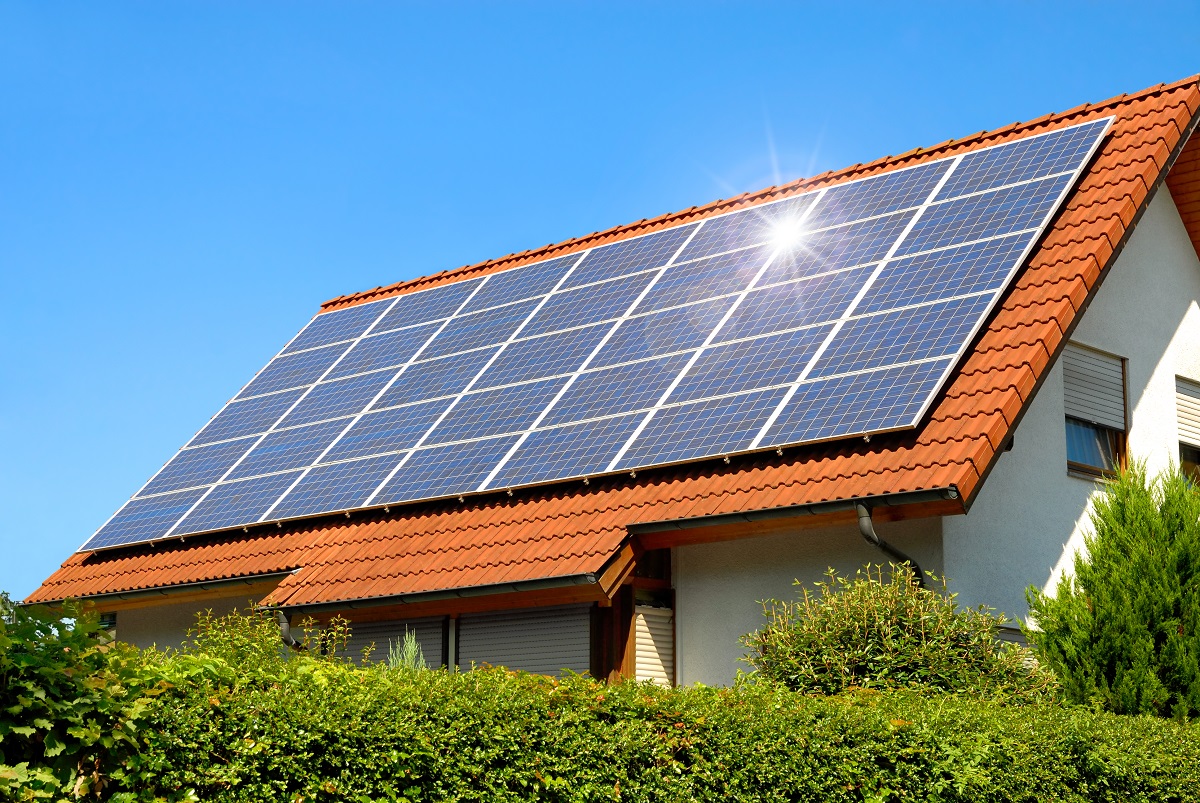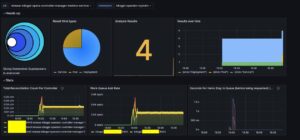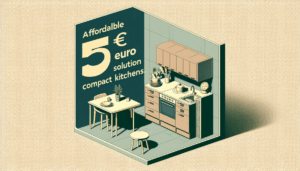In recent years, more and more families and businesses are concerned about sustainability and environmental care, seeking and adopting practices to collaborate in achieving a world free of CO2. In this sense, the energy market is one of the ones that has been working the most in recent years, betting on renewable energy sources to do our part to counteract climate change.
One of the most popular and accessible options in this area is the installation of solar panels in homes. This practice not only contributes to the reduction of carbon footprint but can also result in significant long-term savings.
What are solar panels and how do they work?
Solar panels are devices that capture sunlight to convert it into electricity that we can use to power our homes and electrical devices. They act as “collectors” of solar energy and are a way to obtain electricity from a clean and renewable source, the sun.
These panels use photovoltaic cells, which are usually made of silicon, an element that captures sunlight very well. When these cells receive solar radiation, they generate an electric charge in the form of direct current. Through an inverter, it is transformed into alternating current to be used in homes, factories, offices, or any other place where solar panels have been installed.
Benefits of solar panel installation
There are many benefits of installing solar panels for any home or business. Among the most important, we can highlight the following:
Renewable and sustainable energy: Solar panel installation takes advantage of a renewable and abundant energy source: sunlight. Unlike fossil fuels, solar energy does not produce greenhouse gases or pollute the air or water. By investing in solar panel installation, communities can significantly reduce their carbon footprint and contribute to the fight against climate change.
Energy independence: Solar panel installation provides homeowners with greater energy independence and, in some cases, even the ability to sell excess energy back to the grid.
Long-term cost savings: Despite the initial investment, solar panel installation saves money in the long run. Homeowners can enjoy electricity bills up to 70% lower and, in some cases, receive tax incentives and government grants for their installation. Solar energy is also a long-term investment that increases the value of a property.
Energy stability: Solar energy is stable and constant. Unlike fossil fuels, which can experience fluctuations in prices and supplies, the sun is an unlimited source of energy. Therefore, solar panel installation provides energy stability for your home and business in the long term.
Initial investment and profitability
One of the first questions that people who decide to opt for photovoltaic self-consumption usually ask is how much it costs to install solar panels. Its price depends on different factors, but in recent years it has decreased significantly thanks to technological advances and increased demand. However, the initial investment remains a factor that many homeowners carefully evaluate.
On a general level, the installation price depends on the system’s size, geographical region, available tax incentives, and the type of panels installed.
On average, it is estimated that a Spanish home needs between 7 and 9 solar panels, to which the price of wiring, structure, and other important elements such as the meter or the electrical panel should be added. This price should also take into account the possible installation of solar batteries, a system that allows storing energy to be used when the panels are not able to produce it.
But when facing this investment, it is important to consider that not everything is expenses since it is possible to benefit from certain aids that reduce this investment. This is the case of the deduction in the IRPF, a benefit that can be accessed by individuals who carry out works in their habitual residence or in any property under personal title to improve its energy efficiency. This deduction is established in percentages ranging from 20% to 60% of the investment costs.
In addition to this assistance, it is important to consider that the investment is recovered over time through savings on the electricity bill and the potential benefits that we can acquire from the sale of excess electricity generated. It is estimated that within a period of 7 to 12 years, this system can be amortized. From that moment on, energy consumption is practically free.
Plenitude: an ally in sustainable transition
In the event that we decide to install solar panels, who should we turn to? One of the most important things is to opt for a company with experience in the sector, such as Plenitude, a company that produces and supplies its customers with 100% renewable electricity and solar self-consumption installations.
To ensure compliance with all customer requirements, Plenitude is responsible for conducting a personalized study in which important aspects such as the energy requirements of the home, the available surface for panel installation, or the shaded areas to avoid for the panels to function at full capacity are checked.
In conclusion, the installation of solar panels is a key solution to address the energy and environmental challenges facing the world today. It provides renewable and sustainable electricity, reduces long-term electricity costs, and contributes to energy independence. With solar technology constantly advancing and the industry’s growth, widespread adoption of solar energy is a fundamental step towards a cleaner future.










